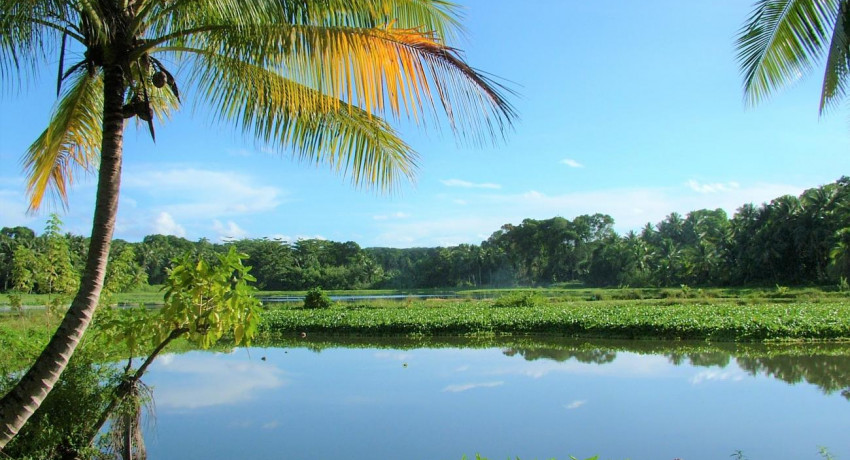Policymakers worldwide consistently rank water scarcity among the greatest risks faced by humanity. In Pacific island countries and territories, where water resources are limited, it has become essential to reassess and adapt water planning and decision-making processes taking into account the current and future impacts of climate change.
In the Republic of Nauru, one of the smallest low-lying island nations in the world, where climate change undermines water security , the government has recently launched the review of its 2017 Nauru Water and Sanitation Master Plan (NWSMP), which focuses on the existing water and sanitation status and provides an infrastructure investment programme over a 20-year planning landscape, to cater for current and future water services’ needs.
The review of this Plan benefited from the support and guidance of the Pacific Community’s Geoscience, Energy and Maritime Division, channeled through the Regional Pacific (NDC) Hub. This support is part of SPC’s effort to leverage its resources and expertise to provide Pacific Island Countries and Territories with the tools they need to implement their Nationally Determined Contributions (NDCs) and combat climate change.Indeed, Nauru’s NDC has a strong emphasis on building resilience to climate change through strengthening water security.
“The objective of the peer review of the NWSMP is to allow the Government to consider different options for its water and sanitation needs, using forecasted climate impacts for the next 20 years, balanced against the water and sanitation supply needs and ambitions of Nauru.” said Peter Sinclair, Water Resources Monitoring and Assessment Coordinator, Disaster and Community Resilience Programme at the Pacific Community (SPC).
“The review assesses the current Master Plan’s proposal, with a focus on the technical, institutional, and governance challenges specific to Nauru, to identify if the proposed actions are still relevant, or if alternative options should be considered. The recommendations provided are aimed at improving the quality of water and sanitation services, using a combination of harvested rainwater, groundwater, and desalinated water through improved infrastructure”, he added.
A review of the NWSMP investment proposal was also conducted to assist the Government, international agencies and donor partners in mobilizing support for the implementation of the Plan until 2035.
The Government of Nauru warmly acknowledged the support provided by SPC and its guidance on integrating water services security and climate resilience into development planning and investment decision-making processes for water services provision.
“Water security is one of the greatest challenges we face today, yet the situation has never looked more perilous. The review of the NWSMP provides us with the opportunity to mobilize targeted finance for water infrastructure in Nauru”, indicated Reagan Moses, Secretary, Nauru Department of Climate Change and National Resilience.
Source: Climate Change and Environmental Sustainability (CCES) Programme, SPC


